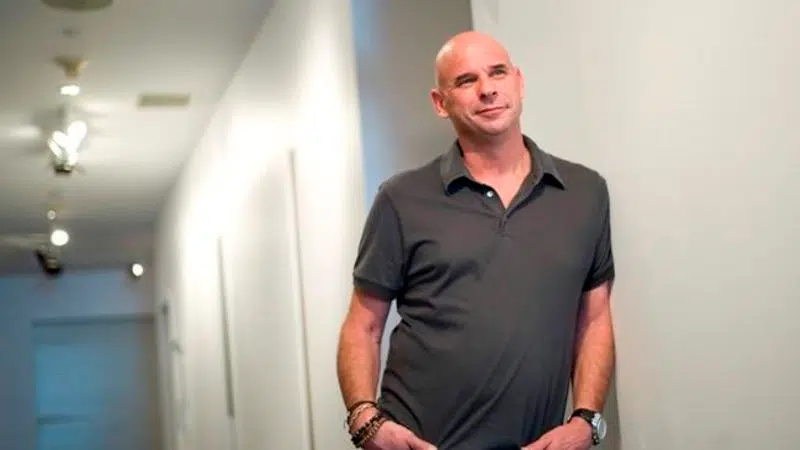
Cirque du Soleil founder Guy Laliberte in court in Tahiti over cannabis growth
MONTREAL — Canadian entrepreneur Guy Laliberte, founder of the Cirque du Soleil circus company, appeared before a judge in French Polynesia on Wednesday over claims of cannabis cultivation.
Lune Rouge, a Montreal-based entrepreneurial organization headed by Laliberte, said in a statement that he was being investigated for alleged complicity in cultivation, possession and use of cannabis.
The organization said that Laliberte has not been charged with drug trafficking and he left the courtroom in Tahiti without any conditions.
“The disproportionate importance given to this matter, which is generally trivialized for someone in possession of several plants of cannabis for strictly personal use, greatly surprises me,” Laliberte said in a statement.


